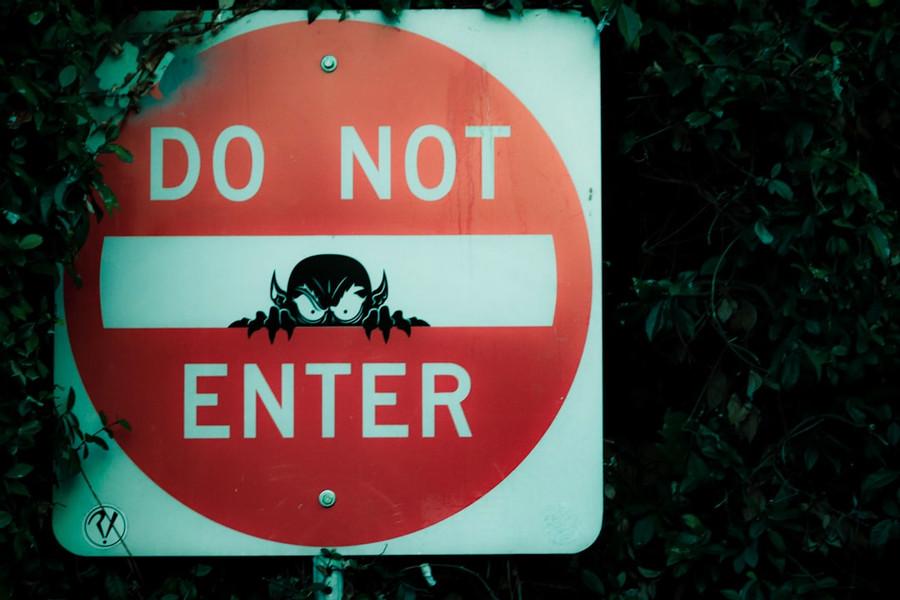The Psychology of Negative Self-Talk
Ideas, facts & insights covering these topics:
11 ideas
·4.33K reads
16
Explore the World's Best Ideas
Join today and uncover 100+ curated journeys from 50+ topics. Unlock access to our mobile app with extensive features.
1. Habitual Patterns
- Negative self-talk can become a habitual thought pattern developed over time. If someone has consistently criticized themselves or received negative feedback, these patterns can become ingrained.
33
601 reads
2. Self-Protection Mechanism
- Some individuals may engage in negative self-talk as a way of protecting themselves from potential failure or disappointment. It can be a defense mechanism to lower expectations and avoid perceived rejection.
33
477 reads
3. Low Self-Esteem
- Individuals with low self-esteem may be more prone to negative self-talk. This negative dialogue reinforces their beliefs about their worth and capabilities.
28
449 reads
4. Fear of Judgment
- The fear of being judged by others can contribute to negative self-talk. People might anticipate criticism or rejection, leading to self-doubt and self-criticism.
30
407 reads
5. Cultural or Social Influences
- Societal pressures and cultural expectations can influence the way people perceive themselves. Unrealistic standards or comparisons to others may lead to negative self-talk.
29
399 reads
It's essential to recognize that negative self-talk is not a healthy or constructive habit. While it may serve certain protective functions, it often hinders personal growth, well-being, and resilience. Addressing negative self-talk involves developing self-awareness, challenging distorted thoughts, and cultivating a more positive and compassionate inner dialogue.
29
318 reads
IDEAS CURATED BY
ˢᵉˡᶠ-ᵈⁱˢᶜᵒᵛᵉʳʸ φ 𝚙𝚑𝚒𝚕𝚘𝚜𝚘𝚙𝚑𝚢 | ⚖ 𝒑𝒔𝒚𝒄𝒉𝒐𝒍𝒐𝒈𝒚 𝚿 | ѕριяιтυαℓιту 𖦹 + 𝕹𝖚𝖒𝖊𝖗𝖔𝖑𝖔𝖌𝖞 🌟💫✨𝓗𝓸𝓵𝓵𝓸𝔀 𝓓𝓮𝓯 ✨💫🌟 Thinker | Seeker | Dreamer | Learner
CURATOR'S NOTE
Negative self-talk can be a common behavior for various reasons, though it's important to note that it's not something people inherently "like." Instead, individuals may engage in negative self-talk due to several underlying factors
“
Similar ideas
Read & Learn
20x Faster
without
deepstash
with
deepstash
with
deepstash
Personalized microlearning
—
100+ Learning Journeys
—
Access to 200,000+ ideas
—
Access to the mobile app
—
Unlimited idea saving
—
—
Unlimited history
—
—
Unlimited listening to ideas
—
—
Downloading & offline access
—
—
Supercharge your mind with one idea per day
Enter your email and spend 1 minute every day to learn something new.
I agree to receive email updates










